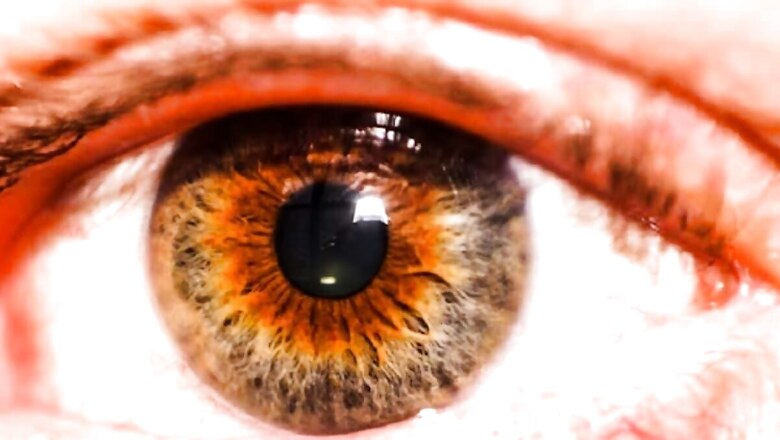
views
Childhood is the formative stage of human life where the foundation of the rest of the personality is laid. A healthy and well-balanced childhood leads to aware, educated and productive adults who can positively contribute to the society.
“Good vision is essential for optimal mental, social and physical development of children. Almost all (~80%) the academic knowledge gained by children during this stage is through visual tools. There interaction with peers, language growth and social connectedness also greatly depends on clear vision. There is evidence to suggest that children with poor vision have considerable disadvantage in academic performance and sports equally,” says Dr Sandeep Buttan, Technical Lead: Eye Health & Health System Strengthening, Sightsavers India.
Dr Buttan shares steps to keep eyesight healthy in children including both diet and lifestyle changes:
- Annual comprehensive eye check-up for all children even if they do not express any problems.
- If eye glasses are advised to the child, these must be used by them very diligently and the parents and teachers should support and facilitate this practice.
- For children already using glasses, they must use these regularly as advised by their doctors and get a fresh refraction (checking of the glass number) done if the current one is more that 6-8 months old.
- Healthy diet consisting of seasonal fruits and fresh vegetables is also known to improve the general health of the eyes and prevent specific deficiencies.
- Regulated hours of exposure to digital screens limited to only essential school related work and other planned pleasure activities.
- Proper sitting arrangements for the child during screen viewing so that there is at least 18 to 24 inches distance between the screen and the eyes.
- Frequent breaks during viewing session are recommended. A 20 second break every 20-30 minutes, where the child is asked to look away form the screen and consciously blink their eyes.
- Sufficient lighting in the rooms to facilitate comfortable reading and other visual task.
- Encourage children to include some component of outdoor activities within their daily schedule. There is evidence to suggest that this can actually reduce the chances that they will need glasses.
- Sufficient hydration (water and low sugar drinks) and fresh fruits also help keep the eyes healthy.
- In case the child does report symptoms such as watering from the eyes and / or headache with or without blurring of vision, a visit to the ophthalmologist is warranted. DO NOT self-medicate or use home remedies as these may make the situation worse.
















Comments
0 comment